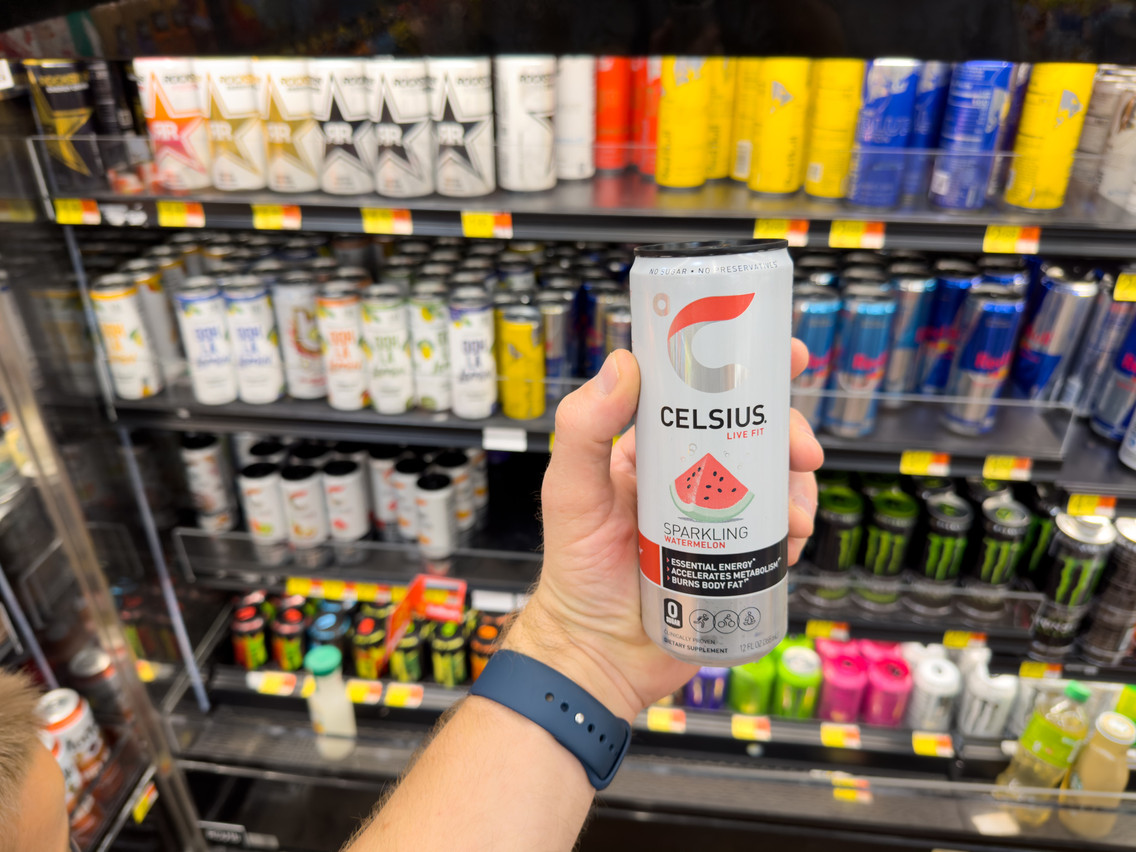American energy drink brand Celsius will be distributing its products in Luxembourg in the coming months. Founded in 2004, Celsius offers "active lifestyle and wellness products" and "functional energy drinks,” for which demand is growing rapidly, according to the brand. The launch follows recent successful expansions in Australia, France, Ireland, New Zealand, and the UK.
"Belgium and Luxembourg represent a tremendous opportunity for Celsius as we continue to expand into new markets. We have strong international growth momentum and look forward to bringing the brand to an increasing number of consumers looking for a healthier energy alternative to traditional sugary drinks in more countries," said Celsius Holdings commercial director Tony Guilfoyle.
The Florida-based company has chosen to sign a sales and distribution agreement with Suntory Beverage & Food Benelux, a subsidiary of the European division of the Japanese Suntory group, which includes brands such as Orangina, Oasis, Schweppes, and Pulco in its portfolio. "We are delighted to launch Celsius in Belgium and Luxembourg, reinforcing our successful partnership with Celsius Holdings, which began last year in France, the UK, and Ireland. By adding Celsius to our portfolio, we are able to offer a greater variety of tasty beverages that meet the changing preferences of our consumers in Belgium and Luxembourg. We are confident that this launch will strengthen Suntory and Celsius' presence in the region and drive growth," reacted Suntory Beverage & Food Europe CEO Pierre Decroix.
Growth of 8-9% within five years
The US company has no intention of stopping there. Earlier this year, it announced the acquisition of Alani Nutrition (Alani Nu), a competitor that also offers energy drinks, snacks, and sugar-free protein shakes. The $1.8bn deal will enable the company to strengthen its position against leaders such as Red Bull, which sold 12 billion cans last year, and Monster, the best-known brands in Europe. Other heavyweights in the sector include PepsiCo, where Celsius' new president and COO, Eric Hanson, described as a "PepsiCo veteran.” All of which further strengthens Celsius' position in the booming energy drinks market.
A necessity in a market characterised by strong competition. According to a study by Mordor Intelligence, the growth of this market can be explained by "increased consumption of soft drinks, rapid urbanisation, higher disposable incomes, and busy lifestyles" as well as by "increased health consciousness.”
Also according to this study, the largest market for this type of product remains North America, and the fastest growing region in this market is South America. Globally, the market size is expected to increase to $50.78bn, and to grow by a further 8-9% over the next five years. On a European scale, the market is estimated at $4.58bn and is expected to reach $7.15bn by 2030.
The Ministry of Health is paying attention
In Luxembourg, the consumption of these drinks also seems to be causing concern. Although there are no specific data on the consumption or sale of this type of product, the minister for health, , in a parliamentary reply, stressed the government's vigilance with regard to drinks that are often too sweet or too caffeinated. While Celsius prides itself on offering healthy, sugar-free drinks, some other beverages of this type can contain up to 50g of sugar per can or other stimulants such as taurine and guarana.
In a parliamentary reply dated November 2024, the centre-right minister detailed her position: "Energy drinks contain a large amount of sugar as well as synthetic or natural caffeine. This composition has a stimulating effect on the whole body, which can lead to sleep disorders, nervousness, anxiety, headaches, and memory problems. Sugar can also contribute to obesity and dental problems. Excessive consumption can lead to cardiovascular problems, nervous system disorders, and psychological behavioural problems. Martine Deprez had also indicated that "discussions were underway with the ministry of education and the University of Luxembourg to address this subject in the future Health Behaviour in School-aged Children 2025-2026 study" and that her ministry was working on a prevention strategy including actions and campaigns to deal with the impact of marketing in food.
